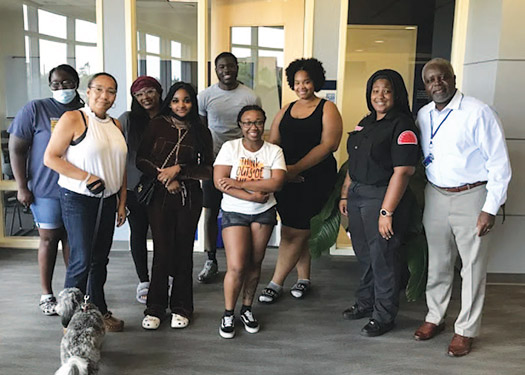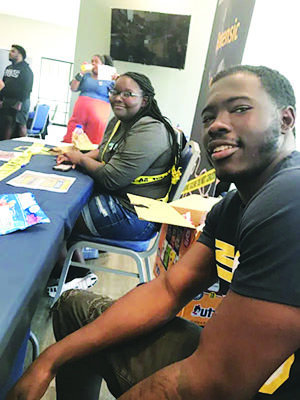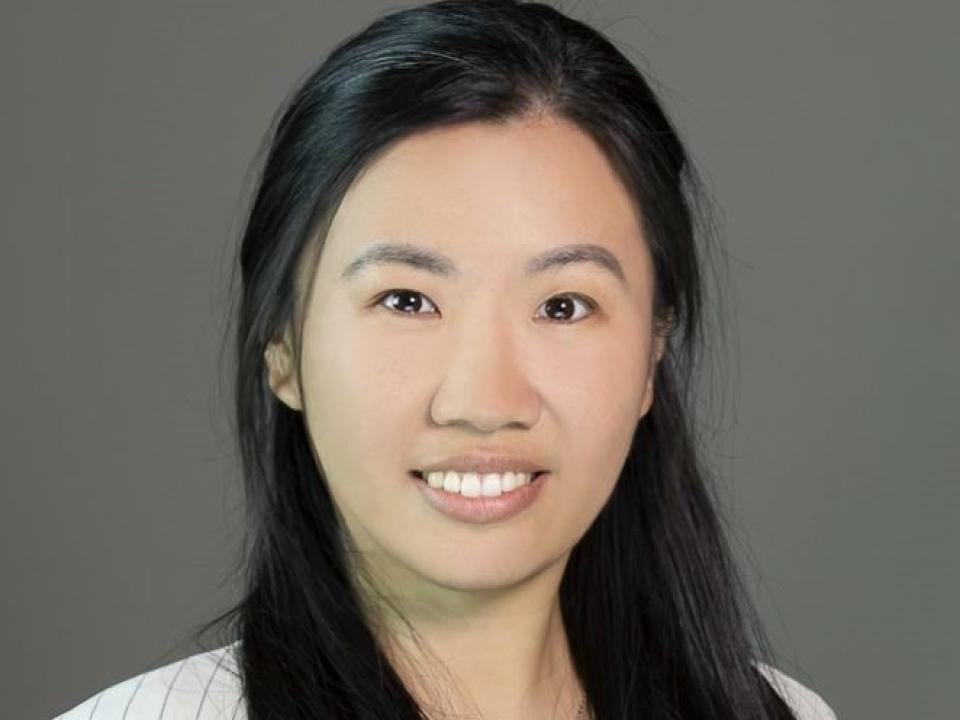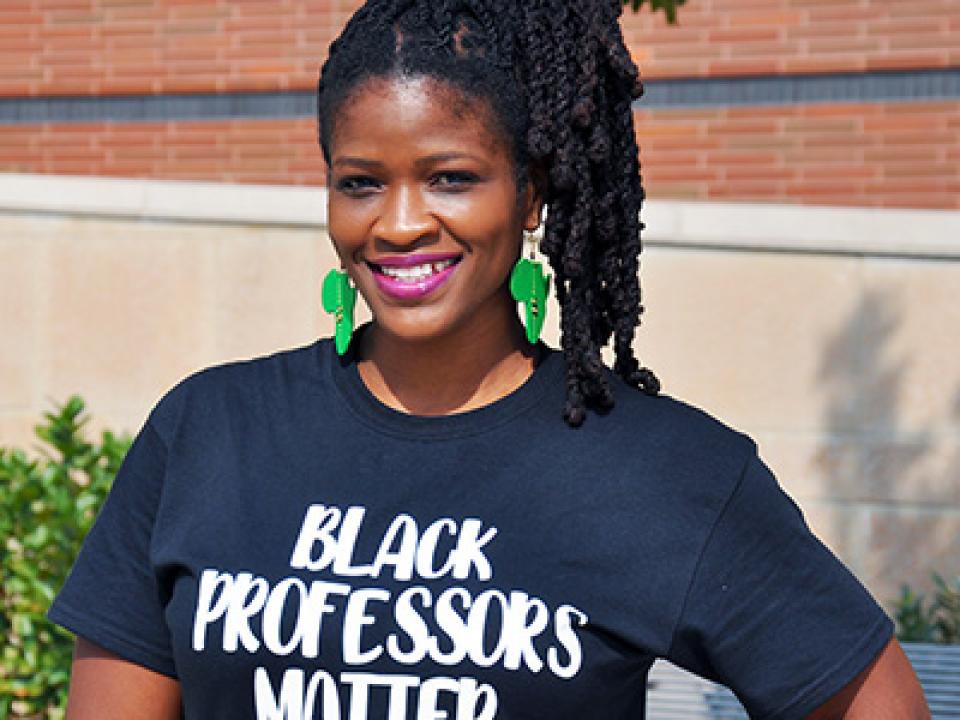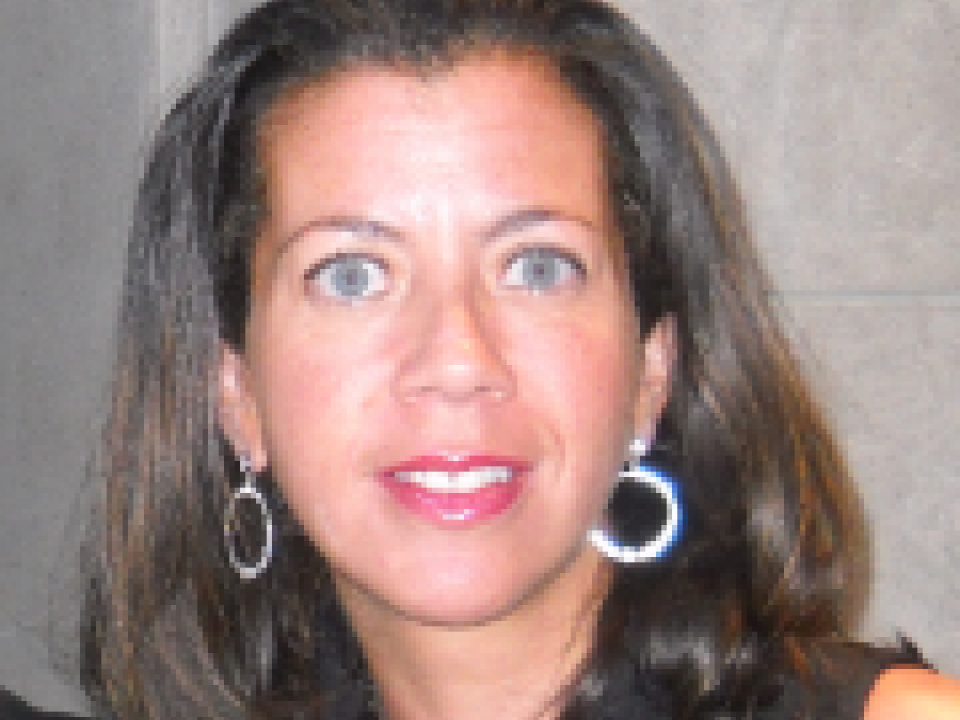Mission, Vision, and Core Values
Mission
The mission of the undergraduate social work program at Social Work is to prepare a diverse student population to become skilled, compassionate, and ethical generalist social workers capable of practice, research, leadership and entrepreneurship in a global society. Grounded in anti-racism, diversity, equity, and inclusion competency-based curriculum, the program equips students with the knowledge, values, and skills necessary to work ethically and effectively with individuals, families, groups, organizations, and communities, with an emphasis on addressing the needs of those in historically marginalized communities.
Central to the program is a commitment to Black liberatory frameworks, cultural humility, and anti-oppressive practices. These principles guide students in being self-reflective, understanding and dismantling systemic inequities, promoting equity, and fostering empowerment within communities. By integrating theoretical learning with hands-on field experiences, the program cultivates critically conscious practitioners who advocate for social justice, embrace diversity, and engage in lifelong learning to meet the evolving challenges of the profession. Coppin State University’s social work graduates are globally minded and grounded in principles of anti-racism, diversity, equity, and inclusion.
Vision Statement
The Department of Social Work at Coppin State University envisions a world where social justice prevails, systemic inequities are dismantled, and individuals and communities thrive. Rooted in a legacy of empowerment and service, we aspire to be a leading force in preparing socially conscious, culturally competent, and transformative social workers who champion equity, diversity, and liberation. Through innovation in education, research, and community engagement, we aim to create a global impact by fostering resilience, advocating for marginalized populations, and advancing the profession of social work.
Core Values of the Department of Social Work
- Commitment to ADEI (Anti-racism, Diversity, Equity, and Inclusion)
Actively championing anti-racist principles and fostering an environment where diversity, equity, and inclusion thrive. - Black Liberatory Frameworks Inclusive of Cultural Humility
Centering Black experiences and liberation while embracing cultural humility to promote justice, equity, and empowerment for all. - Inclusion of Service Learning and Community Engagement
Building strong connections between academic learning and real-world service to foster community empowerment and social change. - Facilitation of Student-Centered Advancement
Prioritizing the holistic growth and success of students through tailored support and opportunities for personal and professional development. - Utilization of Cutting-edge Technology
Leveraging innovative tools and platforms to enhance learning, practice, and community impact. - Promotion of Leadership Development
Cultivating future leaders equipped to inspire, advocate, and drive meaningful change in their communities and the social work profession. - Integration of Research, Policy, and Practice
Bridging theory and action to address societal challenges with evidence-based solutions and informed advocacy.
